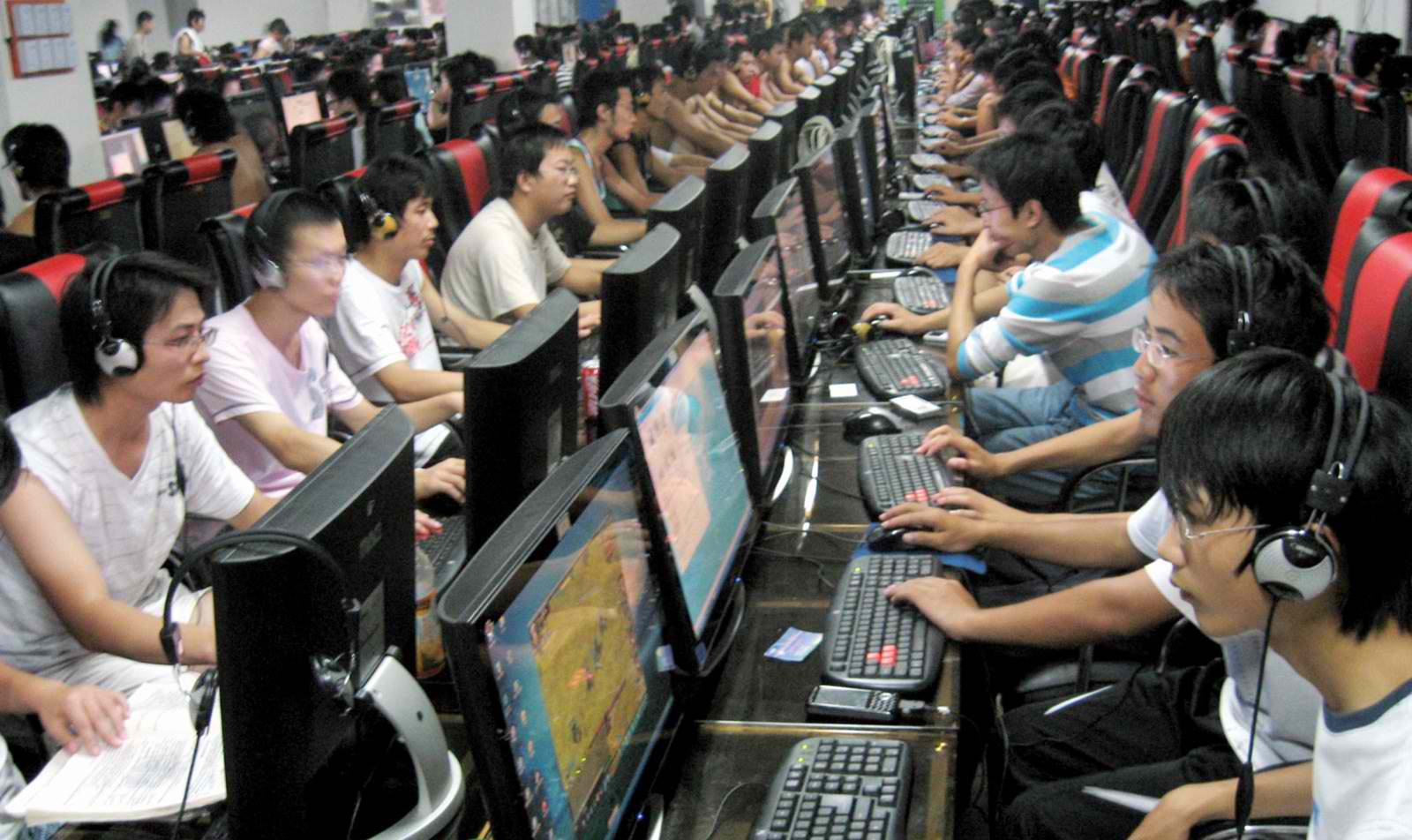In 2019, only 1,570 video games were licensed by the Chinese authorities, according to Niko Partners. That’s way less than 8,500 at the peak in 2017.
93% of the approved releases are mobile games, with the remaining 7% shared by PC and console.
About 88% of the new games are “domestic titles.”
China already has the most stringent approval process for video games. Now, however, the National Health Commission, Publicity Department, and National Radio and Television Administration and another 9 institutions are launching a new initiative dubbed “Healthy China 2030.” It will target, among other things, online games and live streaming. This is a separate program unrelated to the licensing process. Its purpose is to further protect those under 18 from gaming addiction by establishing mental health programs in schools and otherwise promoting mental health agenda across various media.
Despite the regulations getting tougher, China remains the most lucrative gaming economy in the world. Neither the new measures nor the existing regulatory hurdles will significantly affect the revenues generated by players. This is according to Niko Partners managing partner Lisa Cosmas Hanson.
First of all, as Hanson explains to GameDaily, “Healthy China 2030” is unlikely to dramatically reduce the overall user spending on games. This is because minors only account for a small percentage of the overall games market in China.
Secondly, Hanson believes that fewer licenses does not lead to less revenue. “They [gamers] play what is available to them. There may have been a revenue pop if some hit titles had been able to generate revenue in China, but that is speculative.”

